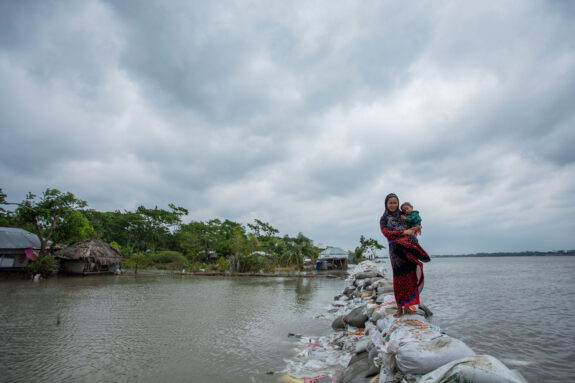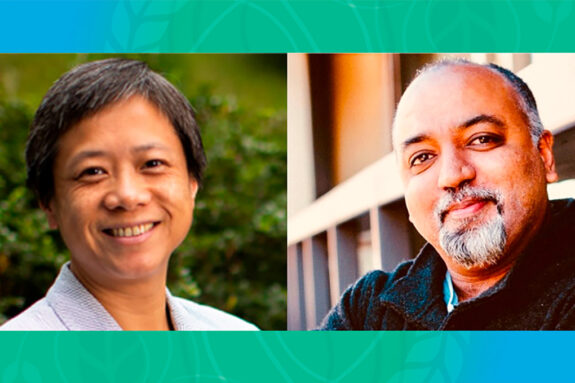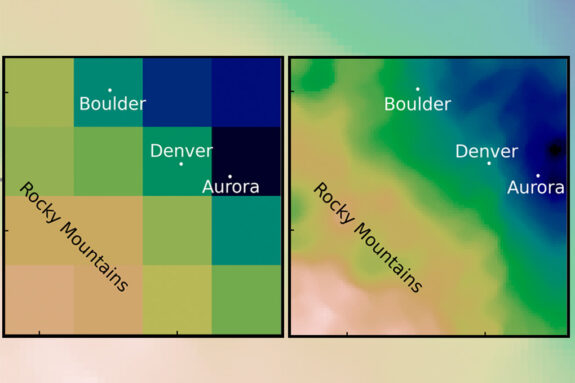
Specializes in machine learning, nonlinear dynamics, stochastic systems science, and computational physics applications for natural systems.
Research Interests
In my lab, the Earth Signals and Systems Group (ESSG), we are advancing methodology for modeling, observation, and inference to improve prediction and discovery in Earth, atmospheric, and planetary science applications.
Our approach to building informatics and intelligent systems exploits feedbacks between theory, data, experts, and analogs for informative solutions to nonlinear high-dimensional problems in stochastic system settings, which includes estimation, control, learning, model reduction, uncertainty quantification, adaptive observation, detection, and decision-making.
ESSG is strongly interdisciplinary and comfortable developing both methodology and application. You can find us tinkering with “what works in the field” while stretching the methodological contours of systems science. At our heart, we are motivated to bring systems science to investigations of the Earth and environment.
Collaborators and lab members span multiple departments at MIT, including EAPS, Electrical Engineering and Computer Science, Mathematics, Mechanical Engineering, and AeroAstro.
Topics I investigate:
- New statistical-physical approaches to model natural hazard risk in a changing climate
- Building autonomous stratospheric observatories to study extreme events
- Using machine learning to discover governing fluid dynamical equations
Biographic Sketch
Dr. Srinivas (Sai) Ravela is a principal research scientist in MIT’s Earth, Atmospheric, and Planetary Sciences Department and directs the Earth Signals and Systems Group (ESSG). He earned his PhD in computer science from UMass Amherst in 2003, studying computer vision and robotics with a dissertation on multiscale representations of images. In 2004, he continued his training at MIT as a postdoctoral researcher in stochastic processes and geophysical fluid dynamics and went on to join the department as a research scientist. Known for his entrepreneurial approach, Ravela received MIT’s 2016 Infinite Kilometer Award for pioneering work on statistical approaches to coherent fluids and co-founded WindRiskTech LLC, the first company to model cyclone-induced future climate risks. He has advised numerous students, authored many papers, and teaches the popular class “Dynamics, Optimization, and Learning Systems.”
Key Publications
-
Qiu, Jiangchao, Sai Ravela, and Kerry Emanuel (2025). From Decades to Years: Rising Seas and Cyclones Amplify Bangladesh’s Storm-Tide Hazards in a Warming Climate. One Earth 8 (4): 101273. doi.org/10.1016/j.oneear.2025.101273
-
Saha, Anamitra, and Sai Ravela (2024). Statistical‐Physical Adversarial Learning from Data and Models for Downscaling Rainfall Extremes. Journal of Advances in Modeling Earth Systems 16 (6). doi.org/10.1029/2023ms003860
-
Seager, Sara, Janusz J. Petkowski, Jingcheng Huang, Zhuchang Zhan, Sai Ravela, and William Bains (2023). Fully Fluorinated Non-Carbon Compounds NF3 and SF6 as Ideal Technosignature Gases. Scientific Reports 13 (1). doi.org/10.1038/s41598-023-39972-z


